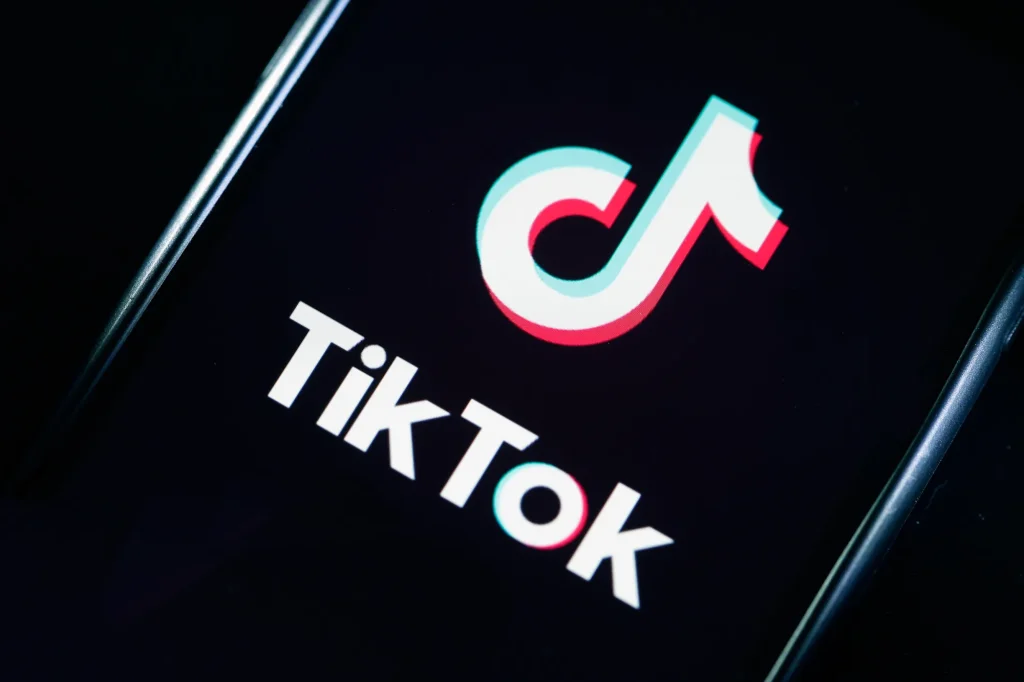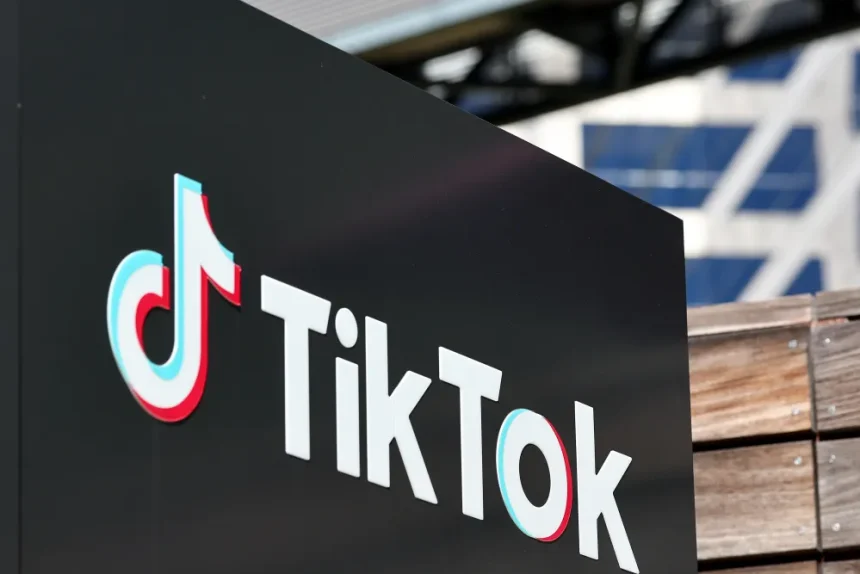Canada Orders Chinese-Owned TikTok Business to Dissolve, Citing National Security Concerns
In a significant development, Canada has ordered the Chinese-owned social media platform TikTok to dissolve its operations within the country, citing mounting concerns over national security risks.
This decision, however, does not extend to banning Canadians’ access to the app or preventing users from creating and sharing content. The decision reflects a growing trend among Western countries to scrutinize foreign-owned tech companies for potential threats to privacy and national sovereignty.
The Canadian government, through Innovation Minister François-Philippe Champagne, highlighted the potential risks associated with ByteDance Ltd.’s ownership of TikTok, and the subsequent need for caution regarding foreign-controlled operations within Canada, NDTV.
In a formal statement, Champagne remarked, “The government is taking action to address the specific national security risks related to ByteDance Ltd’s operations in Canada through the establishment of TikTok Technology Canada Inc.” His remarks underscore Canada’s increasing vigilance over foreign investments that may intersect with sensitive national security domains.
Since 2023, Ottawa has actively reviewed TikTok’s intentions to expand its investments in Canada. Under Canadian law, the government has the authority to assess national security implications related to foreign investments, especially in cases where potential risks might impact privacy, data sovereignty, or cybersecurity.

Champagne emphasized that the decision to dissolve TikTok’s business within the country was grounded in “the information and evidence collected over the course of the review” and was based on advice from Canada’s security and intelligence agencies, in addition to consultations with various government partners.
TikTok, owned by the Chinese tech giant ByteDance, has previously faced scrutiny over its data-handling practices, with concerns that user data may be accessed by the Chinese government. Canada’s latest action follows an earlier ban on TikTok from government-issued devices, a decision which Champagne described as a necessary measure to mitigate risks tied to the platform’s data-sharing practices and potential links to foreign surveillance.
READ ALSO: U.S. Election: President Biden Prepares to Address the Nation on Thursday
Unsurprisingly, TikTok has taken a strong stance against the order, with plans to challenge the directive in Canadian courts. A spokesperson for TikTok argued that the shutdown order would have significant repercussions, particularly on local jobs.
“Shutting down TikTok’s Canadian offices and destroying hundreds of well-paying local jobs is not in anyone’s best interest,” the spokesperson noted. The company maintains that its data practices and corporate operations do not pose a national security threat, and it insists on continuing its Canadian presence.
This decision from Canada echoes the actions taken by other nations, notably the United States, which has similarly questioned TikTok’s practices. Earlier this year, the White House moved to limit ByteDance’s influence, calling for an end to its Chinese ownership of TikTok on national security grounds. U.S. President Joe Biden signed a law in April, setting a January 2024 deadline for ByteDance to divest TikTok in the U.S. or face a potential nationwide ban.
The actions of Canada and the United States signal an intensifying scrutiny over Chinese-owned tech companies, with an emphasis on preventing potential security threats related to foreign data access. This trend is reflective of a broader, global concern about the influence of foreign technology firms on national security, data privacy, and individual freedom.

With Canada now taking direct action, the question arises: how will other nations respond? For TikTok, which boasts millions of users across North America, navigating these political and legal challenges will be critical. As the landscape of data governance and national security evolves, the world will watch closely to see if similar measures follow in other countries.
Canada’s decision to dissolve TikTok’s local business operations underscores the growing concerns around data privacy and national security in the digital age. While Canada remains open to citizens using the platform, the dissolution of TikTok’s business structure in Canada sends a strong message about the country’s commitment to safeguarding its digital borders.

